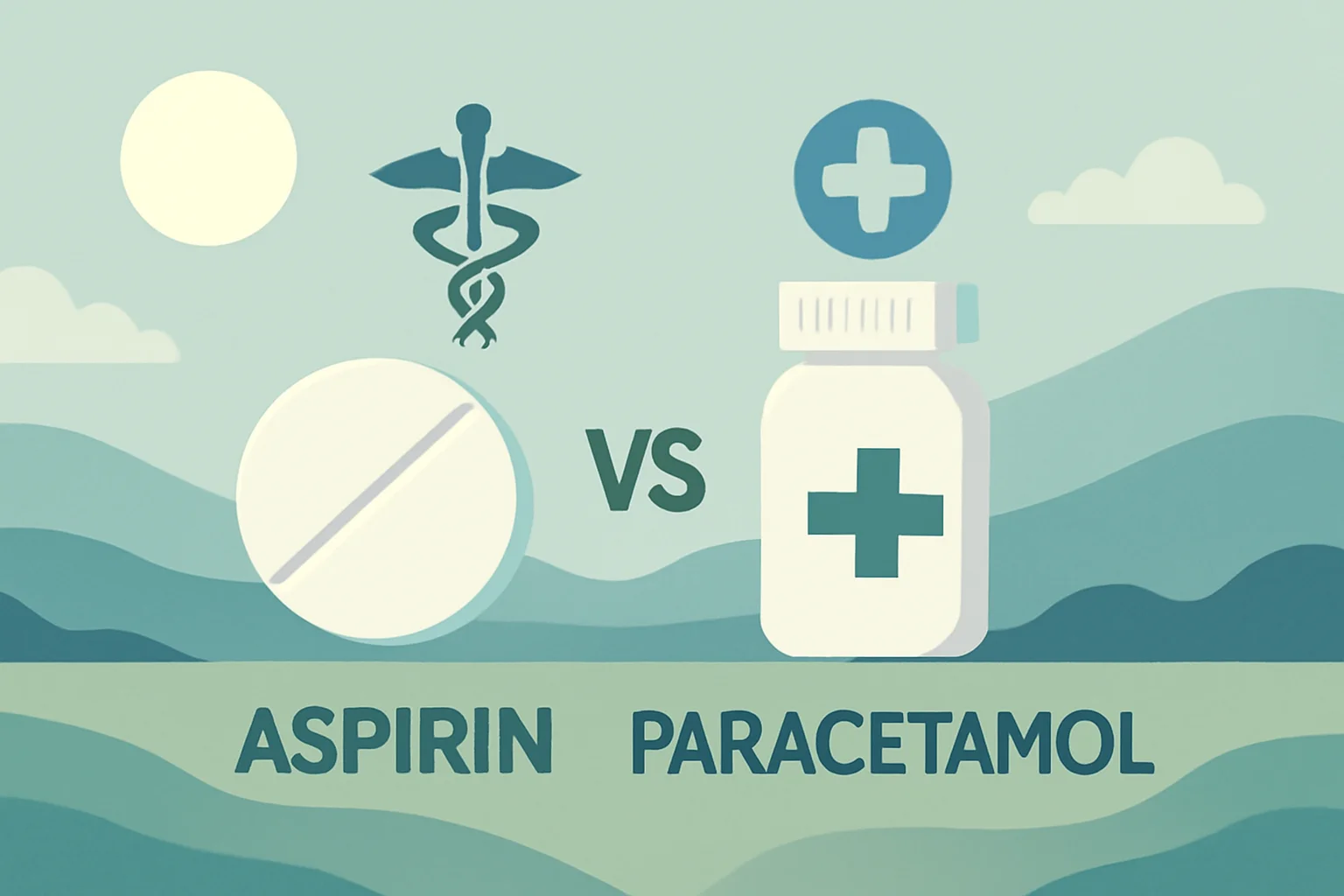
The Beneficial Effects of Sweet Potatoes on Our Health
The sweet potato, also known as batata, is becoming an increasingly popular vegetable in many parts of the world. Not only is it delicious and versatile, but it also has numerous health benefits that can contribute to maintaining our well-being. This unique vegetable is rich in nutrients, vitamins, and minerals that positively affect our bodies. Due to its sweet flavor and creamy texture, sweet potatoes can be prepared in various ways, making them easy to incorporate into everyday diets.
Additionally, the different color varieties of sweet potatoes, such as orange, purple, and white, each have distinct nutrient profiles, offering a wide selection for health-conscious consumers. Sweet potatoes are not just a nutritious side dish; they can also be the foundation of a healthy meal, packed with antioxidants and fiber that contribute to good digestion and disease prevention.
In the following sections, we will take a closer look at the beneficial effects of sweet potatoes and demonstrate how they can support our health.
The Nutritional Content of Sweet Potatoes
Sweet potatoes are rich in nutrients essential for the proper functioning of the body. They are primarily an outstanding source of vitamins, particularly vitamin A, vitamin C, and B vitamins. The orange-fleshed sweet potato is especially high in beta-carotene, which converts to vitamin A in the body. Vitamin A plays a crucial role in maintaining eye health, skin regeneration, and strengthening the immune system.
Vitamin C is also an important antioxidant that helps neutralize free radicals, thereby contributing to cell protection and reducing inflammation. Additionally, vitamin C supports collagen production, which is vital for skin and tissue health.
Sweet potatoes are not only rich in vitamins but also in minerals. They contain potassium, magnesium, and iron, all of which contribute to cardiovascular health. Potassium helps regulate blood pressure, while magnesium supports the proper functioning of muscles and nerves. Iron is essential for the formation of red blood cells, which aid in oxygen transport throughout the body.
Moreover, sweet potatoes have an outstanding fiber content. Fiber is important for digestion as it promotes bowel movements, reduces the risk of constipation, and contributes to gut health. Fiber can also help stabilize blood sugar levels and regulate body weight.
The Role of Sweet Potatoes in Blood Sugar Regulation
Sweet potatoes have a low glycemic index, which means they gradually raise blood sugar levels, unlike high glycemic index foods that can cause rapid spikes in blood sugar. This property is particularly important for diabetics, as maintaining stable blood sugar levels is essential for managing the condition.
The fiber content also contributes to blood sugar regulation. Fiber slows down the absorption of carbohydrates, helping to prevent rapid increases in blood sugar levels. Regular consumption of sweet potatoes can therefore aid in improving the diets of diabetics and support blood sugar stabilization.
Additionally, sweet potatoes may have a beneficial effect on insulin sensitivity. Improving insulin sensitivity can help prevent and manage type 2 diabetes, making the inclusion of sweet potatoes in the diet advantageous for those striving for a healthier lifestyle.
Research has also shown that the antioxidants in sweet potatoes can help reduce inflammation, which can further contribute to blood sugar regulation. Inflammatory processes play a role in the development of insulin resistance, so reducing inflammation may help prevent diabetes.
The Antioxidant Effects of Sweet Potatoes
One of the most significant benefits of sweet potatoes is their antioxidant content. Antioxidants help protect cells from the harmful effects of free radicals, which are responsible for premature aging and the onset of various diseases, including cancer and heart disease. The antioxidants found in sweet potatoes include beta-carotene, vitamin C, and various flavonoids.
Beta-carotene, a key component of orange-fleshed sweet potatoes, not only serves as a precursor to vitamin A but also acts as a powerful antioxidant. It helps neutralize free radicals, thereby reducing the risk of cell damage. Research shows that regular consumption of beta-carotene is associated with a decreased risk of various cancers.
The antioxidant effect of vitamin C is also notable. It helps neutralize free radicals and contributes to strengthening the immune system, thereby aiding in disease defense. Therefore, consuming sweet potatoes supports not only skin and eye health but also the overall protection of the body.
Flavonoids, which are also present in sweet potatoes, have antioxidant properties and can contribute to maintaining cardiovascular health. These compounds can help reduce inflammation, lower cholesterol levels, and improve circulation, thereby supporting heart health.
Thus, sweet potatoes are not only a tasty food but also a powerful source of antioxidants that can contribute to a long and healthy life.
The Beneficial Effects of Sweet Potatoes on Gut Flora
Gut flora, or the community of microorganisms living in the intestines, plays a key role in our health. Consuming sweet potatoes can help maintain a healthy balance of gut flora. The fibers they contain, particularly prebiotic fibers, nourish gut bacteria, promoting diversity in gut flora.
Prebiotic fibers help the proliferation of beneficial gut bacteria, such as bifidobacteria and lactobacilli. These bacteria play an important role in maintaining gut health as they aid digestion, support the immune system, and reduce the risk of inflammation. A healthy gut flora can also contribute to better nutrient absorption, which is beneficial for overall health.
Sweet potatoes can also help normalize bowel movements. The soluble and insoluble fibers they contain promote regular bowel function, thereby reducing the risk of constipation. Healthy bowel function contributes to detoxification, helping to cleanse the body.
It is important to note that maintaining gut flora health can also contribute to mental well-being. Due to the gut-brain axis connection, gut flora can influence mood, emotions, and mental state. Beneficial gut bacteria can help reduce symptoms of anxiety and depression, making sweet potato consumption advantageous not only physically but also mentally.
Therefore, sweet potatoes are not only a delicious and nutritious food but also a natural way to support the health of our gut flora and, consequently, our overall well-being.
**Warning:** This article does not constitute medical advice. If you have health concerns, please consult your doctor!

